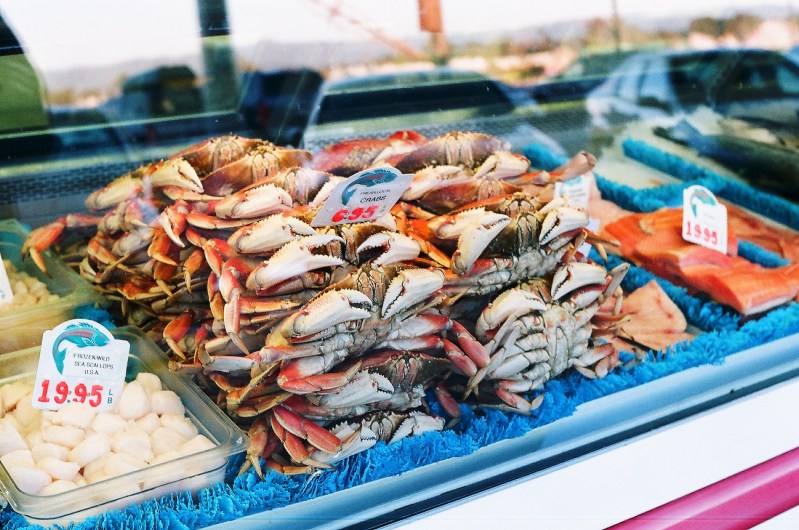
Climate change is kind to nobody, or thing, but it has been extra hard on certain sea creatures as of late. With canceled crab seasons and struggling populations in various spots all over the globe, shellfish are now being dealt an unfavorable hand of cards by way of a dramatically warming planet. Turns out that heatwaves hit the oceans, too, and that doesn’t bode well for some of our favorite seafood friends.
Recent research suggests these marine heatwaves, or extended stretches wherein the ocean water temperature is well above the average, will negatively impact life even at the base of the food chain. Researchers looked specifically at the Atlantic mangrove fiddler crab, a species enjoyed by all kinds of animals, from waterfowl and fish to humans. Data was collected in three coastal locations — Brazil, Norway, and the U.S. — and the findings are not promising, especially for those who like cooking with shellfish.
As is so often the case with climate change, even the seemingly small turns of the dial have significant, sometimes dire consequences. A rise in just a couple of degrees in water temperature greatly reduces the survival rate, to the tune of about 15% per two degrees Celsius (and 34% per a rise of four degrees Celsius), according to the research. With ocean water temperatures estimated to both rise and warm in the coming years, it’s not the best news for crabs.
As a vital marine species that many other critters depend on, it’s not great news for the entire ecosystem. It means less good for a number of animals. And that trickle-down effect eventually impacts fisheries, supply on land, restaurants, and more. In short, it’s bad for the planet and seafood alike.
What does the future hold? Certainly, we’ll see more canceled crab seasons and shortages of other species we enjoy consuming. Yet, if we live up to some of our greener claims and genuinely embrace greener energy avenues and get our emissions in check, not all will be lost. Climate change is real and terrifying (just look at this climate change report for 2050), but it’s not too late to minimize at least some of the worst of it. And if that can lead to not only reasonable ocean temperatures that sea creatures enjoy and some great meals for us (seafood and wine), we are very much on board.
The mortality figures for the fiddler crab are extra alarming given the fact that so many of the eggs fail to mature. According to the same research, some 99 of every 100 are eaten by other animals before reaching maturity. The effects of the rising water temperatures are a gut punch to a species already struggling mightily to make do in its domain.
What’s a seafood fan to do? Shop smarter. Only buy sustainably harvested foods and support organizations providing the research and doing the work to reverse the current course of climate change. The Monterey Bay Aquarium has a great resource known as Seafood Watch that can help you make informed decisions (not to mention incredible jellyfish webcams).
Here’s to a better future, for crabs and humans alike.


